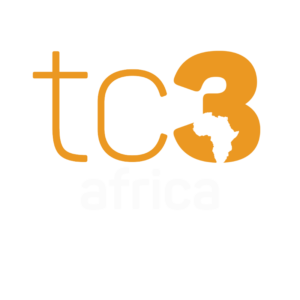Turning and turning in the widening gyre;
The falcon cannot hear the falconer;
Things fall apart’ the centre cannot hold;
Mere anarchy is loosed upon the world;
William Butler Yeats
Many of us read W.B. Yeats’ poem The Second Coming, in the inner title page of Chinua Achebe’s legendary book Things Fall Apart. Nay, actually we only ever read the first 4 gripping lines of the first stanza because that’s what there was in the book. I discovered later that The Second Coming has more than 4 lines and that William Yeats wrote this poem loaded with meaning in 1919 in the aftermath of World War I.
But first, those 4 gripping lines. I remember my literature teacher at Boma, the late Mrs. Kamau giving eerie life to those four sentences as she read it in a way that captivated my heart and mind ….. Even now I replay those words in my mind’s eye and feel the fear, the building momentum of horror as the gyre turns wider and wider with increasing velocity. The terror, the loss of control as the falconer calls out to the falcon but it so far off and in the furious howling storm cannot hear the falconer any more.
A centre which cannot hold itself together let alone hold anything else. The cables being by battered by gale force winds and straining under the pressure. Then snap! Anarchy…… Chaos …… OK. I admit, I don’t know if it was how Mrs. Kamau read those 4 lines or if it was just my healthy imagination.
For many organisations and their team members, Covid-19 has had an apocalyptic effect and they have fallen apart already. Others are turning and turning in the widening gyre with escalating trepidation. There is a sense in which many of us have been sucked into a spiralling vortex irrespective of whether we are in a big business or a small one. It is scary. Very!
How you are centred will determine whether you will hold together or not. When you get to the barebones of it all, organisations should really be about two sets of people. First, the reason for your existence, the raison d’être as the French put it.
Ideally, your organisation should exist to provide the solution to a problem for others. Second, the people who will help you fulfil your raison d’être, your staff team. In many organisations grappling with Covid-19, that clichéd phrase “people are our most valuable resource” has long been thrown out of the window alongside the organisation vision and value statements. Perhaps they were no more important than the paper they were written on or at best they simply added the look and feel, the décor and corporate colours.
If you are treating your staff as a necessary evil, unnecessary baggage to be thrown overboard post haste the choppier it gets, a necessary nuisance, a means to an end rather than partners in fulfilling your purpose, failures for not meeting the strategic objectives that were set when you were sailing calmer waters ….. the centre will not hold.
Scientists have found that birds deal with storms in various ways including leaving the area, flying ahead of the storm, flying into the storm or sheltering in a place. There’s so much pressure right now to reinvent, realign, readjust, bring in money, and seize any and every opportunity.
Yet there is really no time for strategic retreats and please reduce those endless online meetings already. But perhaps right now that leaders need to do is keep it simple. Recognise the two sets of people that matter the most in the world to your organisation – those who define the reason for your existence and your staff team who help you fulfil your purpose.
Yes, you know your staff but perhaps it is time to check the lenses you have viewed them with. Then decide what you need to do to survive for now and the future and work to caring for those two groups of people the best way possible. Don’t fly headlong into the storm together with your team and hurtle to your deaths if what you need to do is shelter and reinvent yourselves there until the storm is past.
Don’t shelter in the storm if your organisation DNA is designed to fly into it. Copying what other organisations are doing may not succeed. It is quite OK to learn from others. Important actually but just do you.
Change Leadership Chronicles ©




